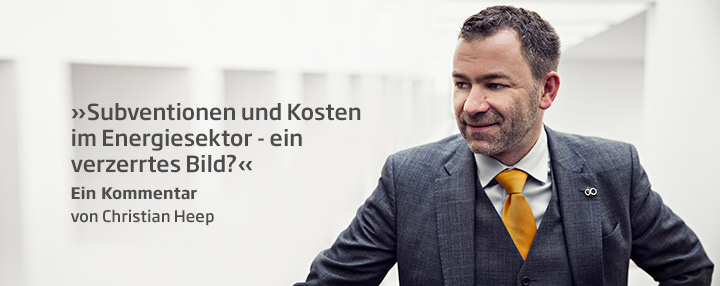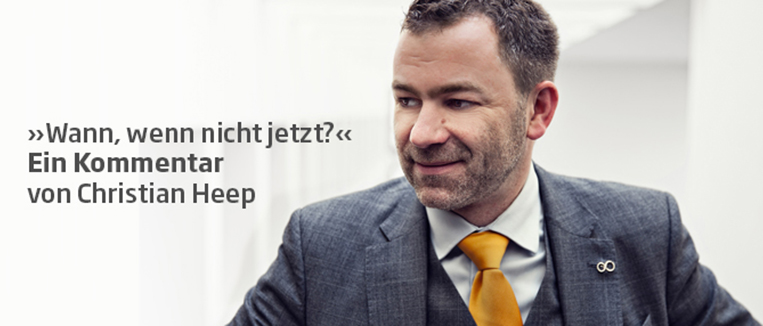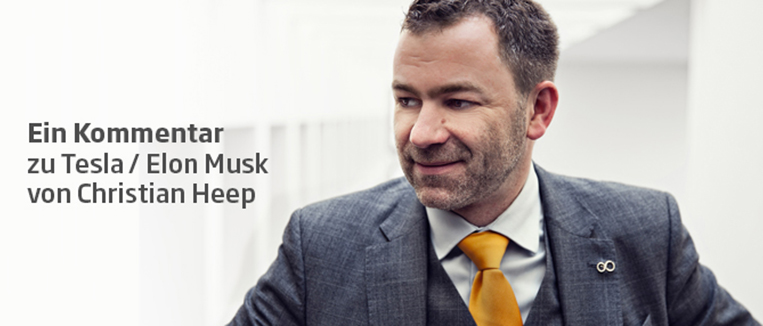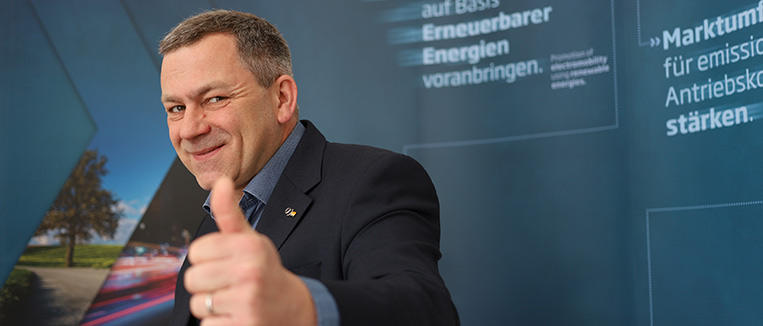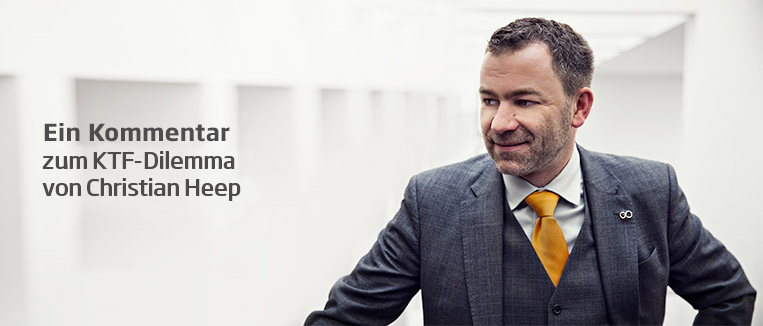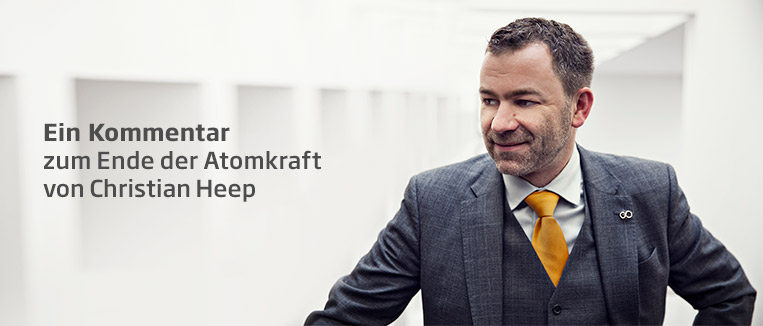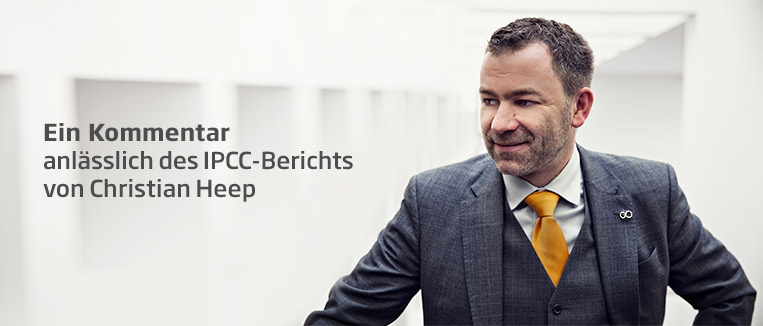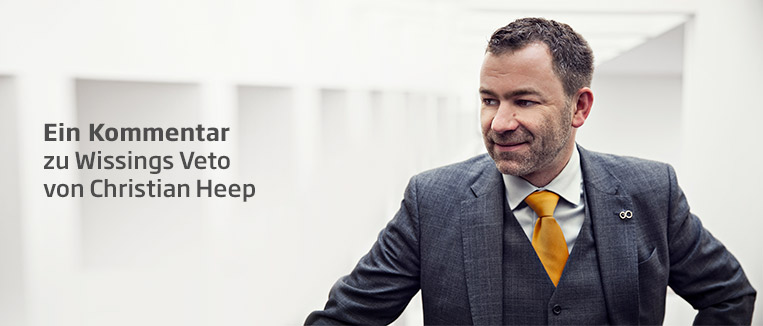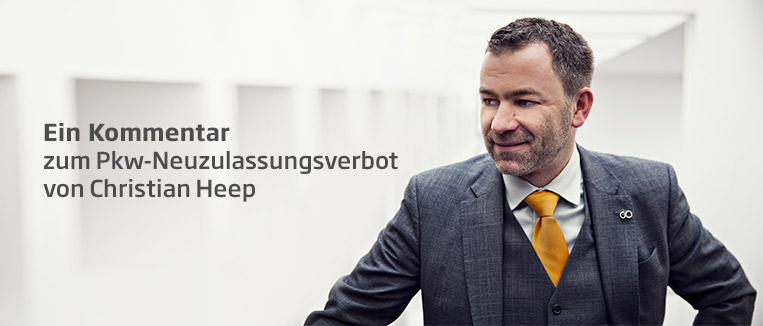– a commentary by Christian Heep The world is at a decisive turning point. The cumulative effects of the climate crisis, rapid resource consumption, social inequality and global environmental degradation are jeopardising not only our natural resources, but also social stability and geopolitical security. These factors are not only destabilising the economy and society, but[…]
Category: Editorial / Ein Kommentar
»When, if not now?« A plea for the green economy
Germany, Europe and the world are at several critical junctures, characterized by social tensions, increasing radicalization and the spread of fake news, misrepresentations and half-truths. This is a sobering but accurate assessment – and it reveals the urgent need to decisively reject misinformation and populist narratives that shape debates in the media and public discussion[…]
Statement from BEM board member Christian Heep on Tesla / Elon Musk
Kolumne / Kommentar von Christian Heep As awareness increases, it becomes increasingly difficult to separate the role of a private individual from acting on behalf of a company. In today’s business world, this distinction is often complex and multi-layered. There is no question that Tesla has played a significant role in accelerating electric mobility worldwide, including[…]
Political steering effect on electromobility
Electromobility is at the centre of discussions about a sustainable future and the design of a green economy. In view of this importance, the Bundesverband eMobilität emphasises the crucial role of politics in creating the appropriate framework conditions for a sustainable energy and transport transition, which not only brings ecological but also economic benefits. The[…]
Green Economy first / 60+ billion euros found steering effect through fossil subsidy reduction in response to the KTF dilemma
The current discussion on the ruling of the Karlsruhe Federal Constitutional Court on the Climate and Transformation Fund (KTF) was the focus of the last BEM Lounge on 16 November 2023 in Berlin. MP Stefan Gelbhaar, member of the Transport Committee of the German Bundestag and Parliamentary Advisory Board member of the German eMobility Association[…]
A commentary on the end of nuclear power
Column / Commentary by Christian Heep Germany. Today, on 15 April 2023, the last three nuclear power plants will be taken off the grid. A remarkable success for environmental and anti-nuclear activists and the result of a long culture of protest. However, the debate on the pros and cons of nuclear power continues and is still[…]
A commentary on the occasion of the IPCC report
22.03.2023 / Column / Commentary by Christian Heep The calendar spring started with another dry spell. Another drought like the last twelve years. Extreme weather events, 81% of protected habitats and 63% of populations of protected animals and plants are in poor condition, four out of five trees in Germany are diseased, species extinction, heatwaves,[…]
A commentary on Wissings Veto
09.03.2023 / Column / Commentary by Christian Heep Germany’s confirmation of the EU decision to ban new car registrations from 2035 was actually considered a formality. Federal Transport Minister Wissing’s veto now makes it clear that he does not really believe in clean and sustainable electromobility. It is also an admission that the mobility transition[…]
A comment: It’s about time…!
The EU Parliament has finally voted in favour of the end of the combustion engine. From 2035, only new cars that do not emit greenhouse gases are to be sold in the EU. In twelve years’ time, cars and vans that still emit carbon dioxide will no longer be allowed to be newly registered in[…]
Innovation greets us every day
Since 2009, the German eMobility Association has been committed to promoting electromobility based on renewable energies and strengthening the market environment for low-emission drive concepts. The BEM is primarily a company-oriented association in which manufacturers, retrofitters, suppliers, energy service providers, start-ups, consultants and many other industry players, institutions and organisations meet as equals to exchange[…]

